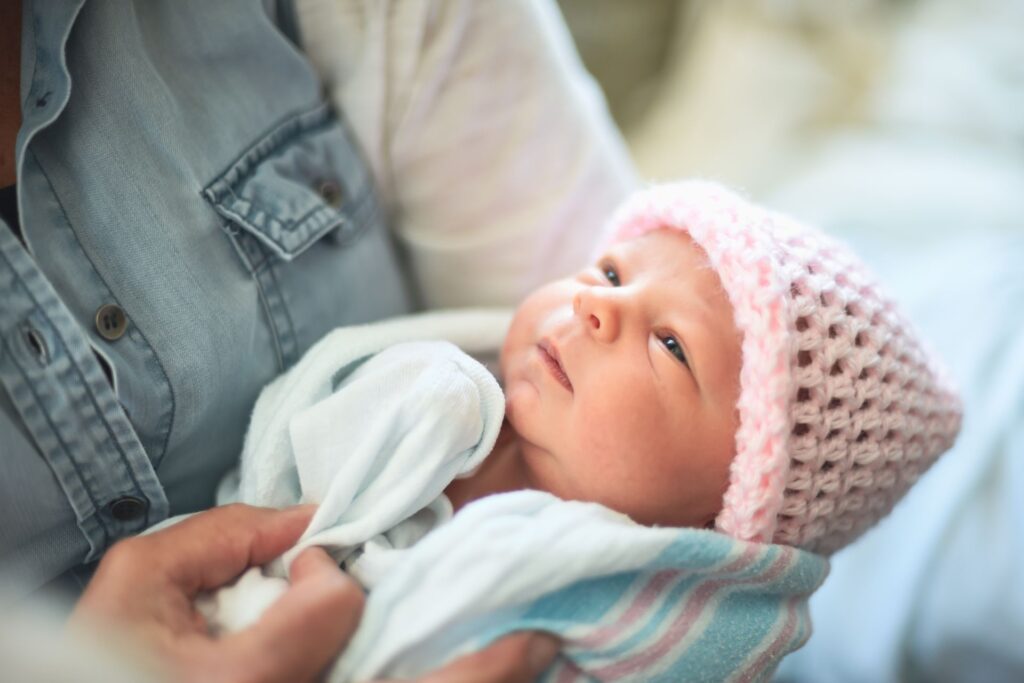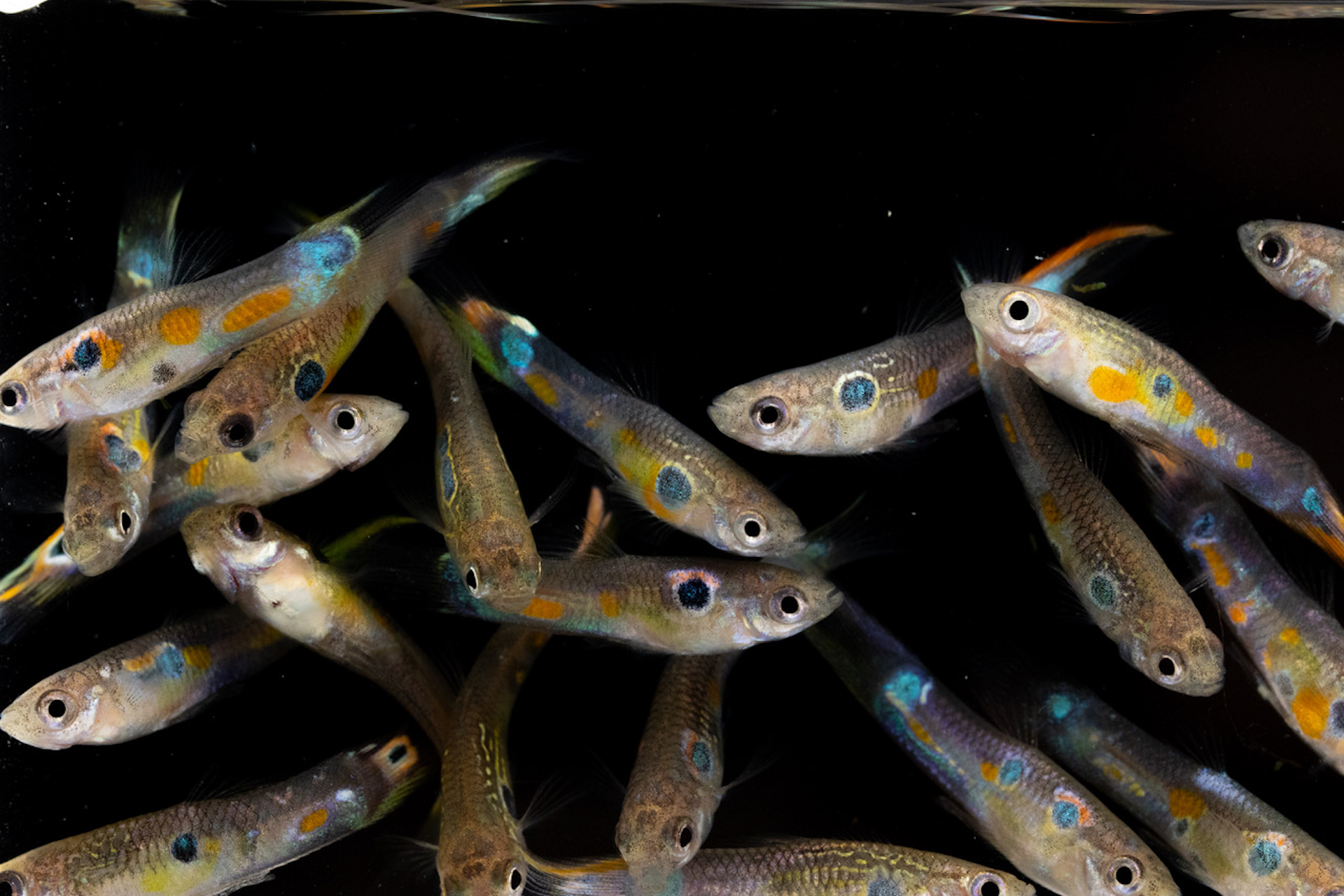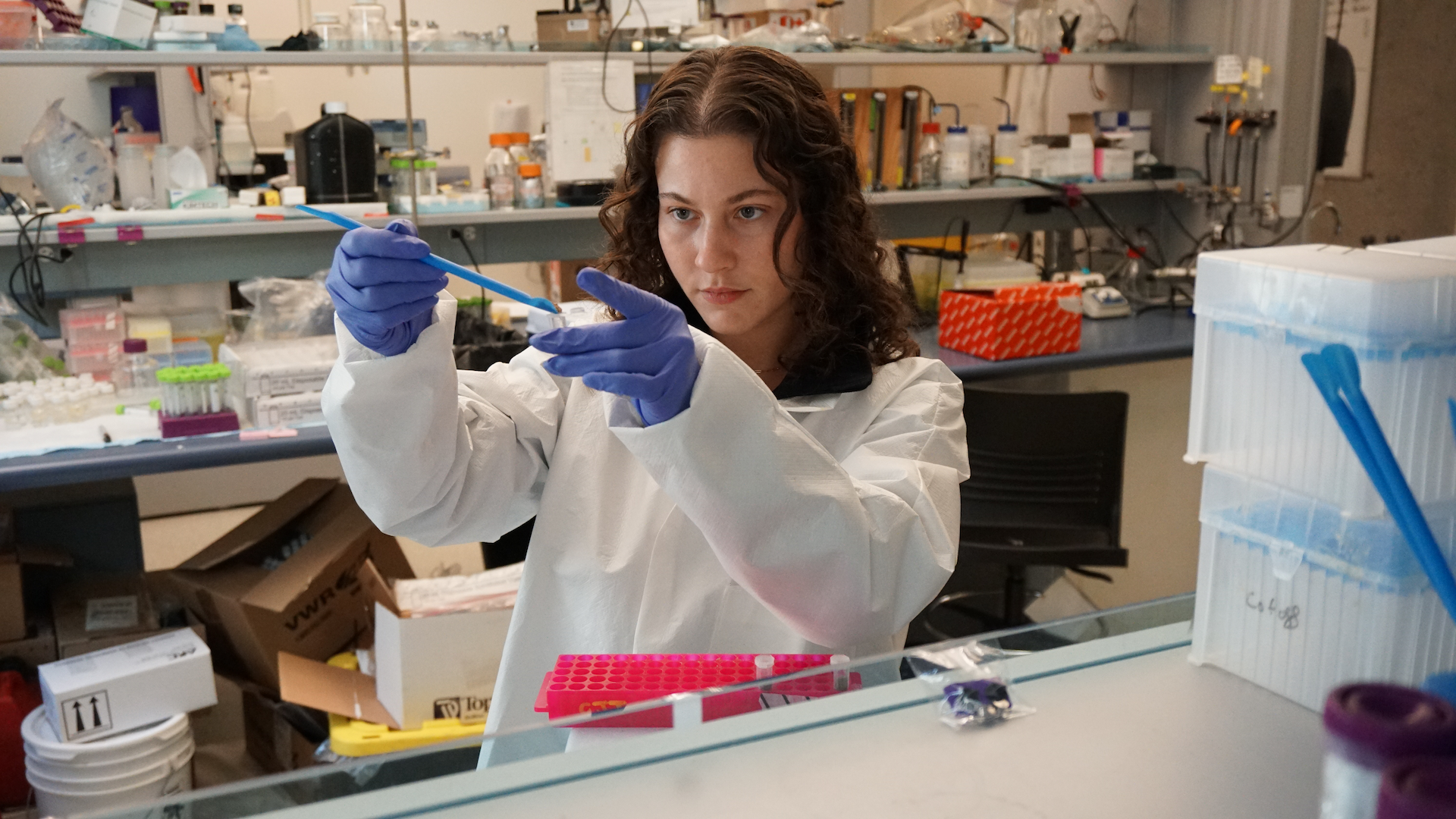research
-

Do you hate seeing people fidget? New UBC research says you’re not alone
According to new UBC research, approximately one-third of the population suffer from misokinesia, a psychological phenomenon defined by a strong negative emotional response to the sight of someone else’s small and repetitive movements.
-
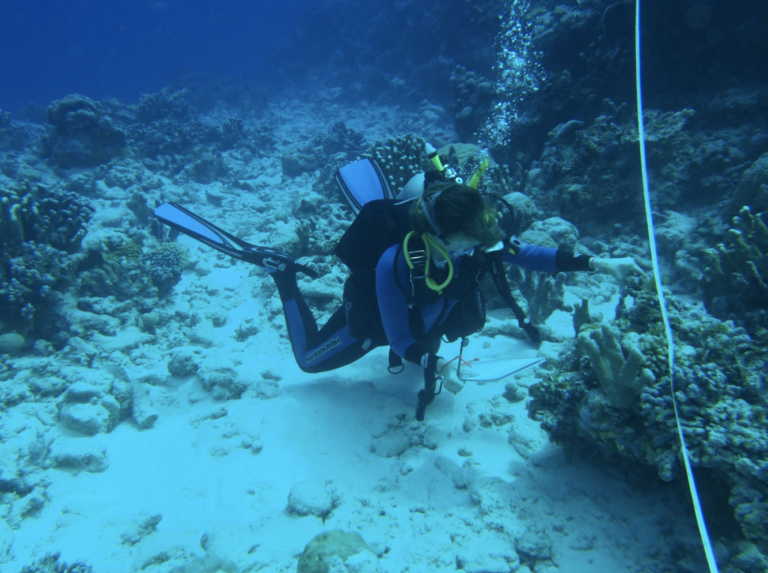
‘Sticky questions’ raised by study on coral reefs
A new UBC study on the impact of climate change on coral reefs is raising sticky questions about conservation. It found coral in more polluted and high traffic water handled extreme heat events better than a more remote, untouched reef.
-

Innovative coating for blood vessels reduces rejection of transplanted organs
Researchers have found a way to reduce organ rejection following a transplant by using a special polymer to coat blood vessels on the organ to be transplanted.
-

Up to 85 per cent of historical salmon habitat lost in Lower Fraser region
For perhaps the first time ever, researchers have mapped out the true extent of habitat loss for salmon in the Lower Fraser River, one of the most important spawning and rearing grounds for Pacific salmon in B.C.
-

When maternity care providers don’t take ‘no’ for an answer
People who decline maternity care services such as prenatal testing or epidurals often face pressure or scolding from their care providers, according to new UBC-led research.
-

Virtual contact in pandemic prompts over 60s’ loneliness
Older adults who had more virtual contact than their peers during the pandemic actually experienced increased loneliness, according to new research published today.
-

How the pandemic shaped the sex lives of Canadians
A new UBC study, recently published in the International Journal of Sexual Health, uncovers a more nuanced picture of how COVID-19 has shaped the sex lives of Canadians.
-
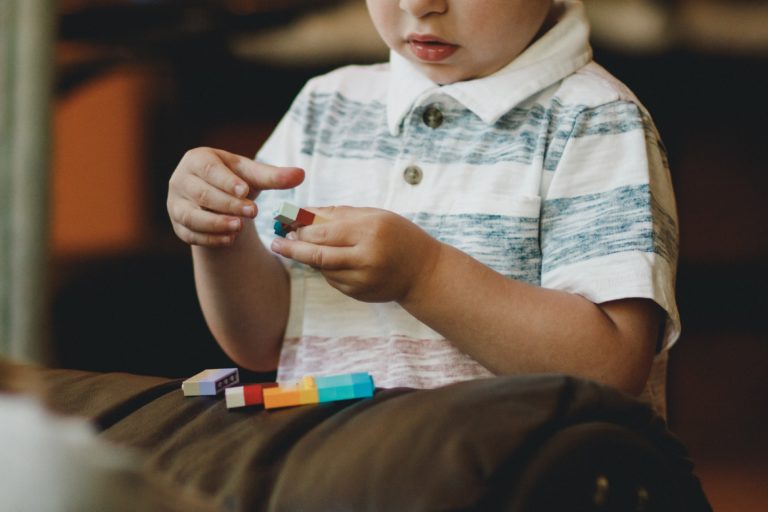
UBC researcher embraces big data, helping uncover deeper insights into the genetics of autism
Geneticist Dr. Suzanne Lewis discusses the genetics of autism and shares how a new initiative will advance research and potentially alter the future of diagnosis and treatment for Canadians living with autism
